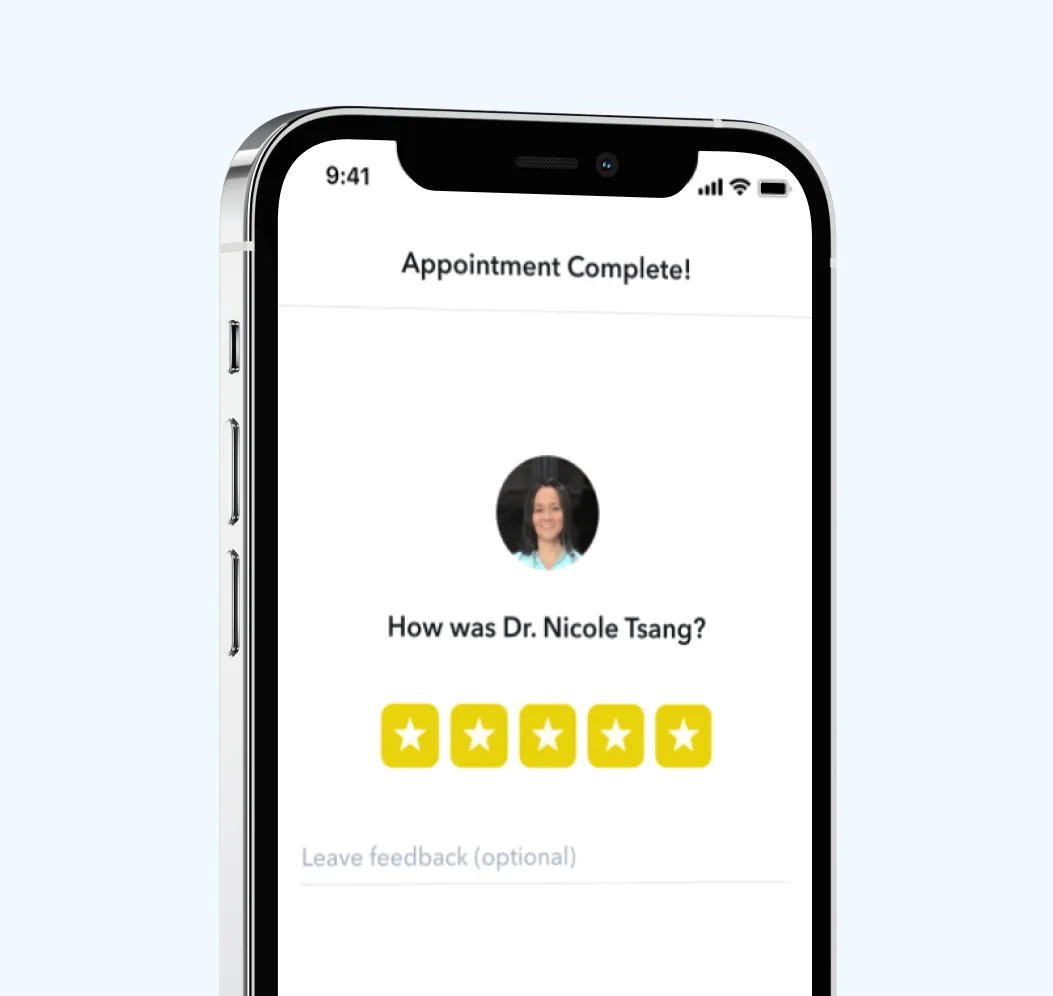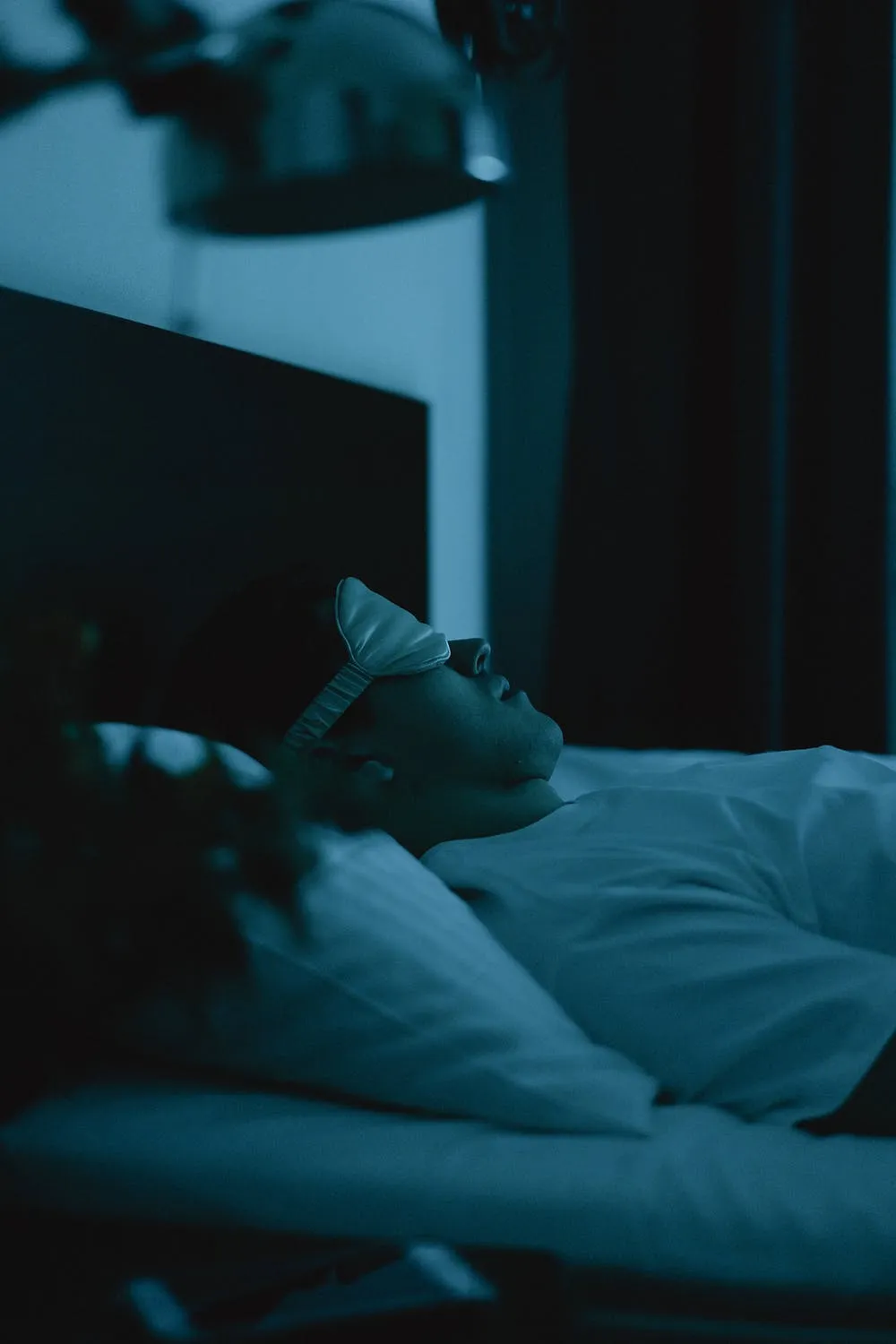All posts
Does ADHD Make You Tired?

Circle Medical Staff
Dec 1, 2023
7 min

ADHD, or Attention Deficit Hyperactivity Disorder, is a neurodevelopmental disorder with symptoms that can vary from individual to individual. If you have ADHD or suspect you may have it, you might be wondering if feeling fatigued or tired is one of those symptoms. It’s actually a common and frustrating symptom that people with ADHD deal with, and, like many ADHD symptoms, it can impact your daily functioning and productivity. In this blog, we’ll talk about some ways ADHD can cause you to feel this way and give you some tips on managing your symptoms.
Understanding Attention-deficit Hyperactivity Disorder
ADHD is a disorder that can affect both children and adults. It is characterized by a variety of symptoms that include:
- Difficulty paying attention
- Difficulty concentrating or focusing
- Impulsivity
- Hyperactivity Along with these common symptoms, those with this disorder may sometimes feel fatigued as a result of their other symptoms. Part of understanding ADHD is understanding that it isn’t simply laziness or a lack of discipline. It’s a legitimate medical condition that can significantly impact someone’s daily life.
While we don’t know the exact cause of ADHD, it’s likely a combination of genetic, environmental and neurological factors. As we increase our understanding of this condition and the needs of individuals struggling with the disorder, we can develop more comprehensive treatment plans to improve their quality of life and help them thrive.
Common Causes of Tiredness
Many people with ADHD experience fatigue or tiredness as a common symptom of the disorder. There can be various causes of tiredness in individuals with this disorder, and these symptoms often stem from other common symptoms associated with ADHD.
Individuals with ADHD need to work with their health care provider to identify and address the specific causes of tiredness. By understanding the underlying factors contributing to fatigue, individuals can develop targeted strategies to manage their symptoms and improve their overall well-being. Let’s talk about some of these underlying factors in the next section.
The Relationship Between ADHD and Fatigue
Those with ADHD may sometimes experience symptoms of tiredness and fatigue. These can be attributed to a variety of factors, including:
- Dealing with symptoms — Firstly, the symptoms of ADHD themselves can be draining. Constantly trying to maintain focus and control impulses can use up mental and physical energy, leaving someone feeling exhausted.
- Sleep — symptoms can disrupt sleep patterns. Difficulties falling asleep or staying asleep are common struggles for those with ADHD, which can lead to fatigue and feeling tired throughout the day.
- Medication side effects — Certain medications used to manage ADHD may have drowsiness as a side effect. It’s important to communicate any side effects with your health care provider so they can adjust dosage and medication as necessary.
- Mood disorders — Those with ADHD have a higher risk of developing other health conditions, such as anxiety or depression, which can contribute to fatigue and further exacerbate existing issues like sleep disruptions.
- Dopamine — ADHD affects dopamine levels in the brain, which play a role in motivation, circadian rhythm and various other brain functions. This can contribute to an individual’s feelings of tiredness or fatigue.
It’s good to recognize the connection between ADHD and fatigue because you can identify your potential triggers. Understanding this relationship will allow you to incorporate strategies into your treatment plan that will improve your feelings of tiredness and overall quality of life.
Tips To Manage Your Symptoms
Managing the symptoms of ADHD and fatigue or tiredness can be challenging, but the right strategies can make a huge difference. Here are some tips for managing your fatigue symptoms:
- Establish a consistent routine — One of the best strategies for managing many ADHD symptoms is creating a structured schedule. Having a consistent schedule can help reduce stress and feelings of being overwhelmed, which both contribute to fatigue. It also allows you to set aside time for relaxation in your routine so you can unwind and have more balance in your day.
- Get regular exercise — Physical activity can help increase energy levels and improve your focus. It can also help you get better rest at night. Try for at least 30 minutes of movement or exercise to boost your energy.
- Prioritize sleep hygiene — Lack of sleep can be a major contributor to feelings of fatigue and tiredness. Prioritizing your sleep hygiene means creating a routine that promotes healthy sleep habits. This includes having a consistent sleep schedule, avoiding stimulants before bed, having a bedroom environment conducive to sleep and other habits that will help you get a more restful night of quality sleep.
- Break tasks into manageable steps — If you have ADHD, big tasks can quickly become overwhelming and unmanageable, which drains your energy. Make sure to break large tasks into smaller steps to save your energy and improve productivity.
- Seek support — Don’t be afraid to ask for help or reach out to support groups. Connecting with others who understand your challenges can provide valuable support and guidance.
Remember, managing ADHD and fatigue is a journey that may require some trial and error. Be patient with yourself, and don’t hesitate to seek professional help if needed.
When To Seek Medical Attention
If you’re experiencing symptoms of ADHD and suspect you might have it, it’s a good idea to speak to a health care professional. ADHD is a real condition that can be managed with the right support and strategies. There’s no need to continue to struggle with it on your own. Some other signs that you should reach out to a medical professional right away include:
- Persistent and severe fatigue — If you have fatigue that is contact, extreme or interfering with your daily life, you should consult a health care provider as soon as possible. While ADHD may be the culprit, severe fatigue symptoms could be a result of other underlying medical conditions that you’ll want to address immediately.
- New or worsening symptoms — If you’ve already spoken to a health care provider about your ADHD and you notice new or worsening symptoms, make sure to let them know right away. This may mean that your treatment plan isn’t effectively managing your symptoms and you may need to make adjustments.
Diagnosis and Treatment Options
To get an official ADHD diagnosis, you will need to speak with your primary care provider. To diagnose this condition, they will use various assessment tools and evaluations to determine if it is the reason for the symptoms you’re experiencing. Once they’ve made their diagnosis, you can start talking about treatment options to manage your symptoms. Treatment for ADHD typically involves a combination of the following:
- Therapy — Therapy, such as cognitive-behavioral therapy (CBT), can be an invaluable tool for managing ADHD symptoms. Your therapist can work on coping strategies with you and identify techniques to help you address your specific symptoms. Additionally, your therapist can be a form of support as you deal with the emotions that come with living with this disorder.
- Lifestyle changes — Lifestyle changes can make a big difference when it comes to managing ADHD and fatigue. Changes like adopting healthy sleep habits, incorporating a nutritious diet, engaging in regular exercise and more can help address various symptoms.
- Medication — If your health care provider deems it medically appropriate, they may prescribe ADHD medications that will help you manage your symptoms.
It’s important to work closely with your health care provider to develop a personalized treatment plan that suits your specific needs. Regular check-ins and open communication will help ensure that your treatment is effective and adjusted as necessary. Remember, everyone’s journey with ADHD and fatigue is unique, so finding the right combination of interventions may take time and experimentation.
Book an appointment with a Circle Medical telehealth provider today!
If you suspect you have ADHD, make an appointment with a primary care provider to get a diagnosis. Circle Medical is here to help. As a full-stack primary care provider, you can come to Circle Medical for in-person or online care. We also offer same-day telehealth appointments for your convenience. Book your appointment with a Circle Medical primary care provider today to get started on your journey to better health!
Circle Medical Providers must meet all of the following standards:
-
Exceptionally qualified in their field
-
Board-certified
-
Deeply empathetic for patients
-
Follows evidence-based care guidelines
-
Embracing of diverse patient backgrounds
-
Impeccable record of previous care
400+ Primary Care Providers.
100% Confidence.
No matter which Provider you choose, you will be seen by a clinician who cares deeply about your health and wants to help you live your happiest, healthiest life.
Circle Medical Providers are held to an exceptionally high standard of compassionate, evidence-based care.
Book Appointment

